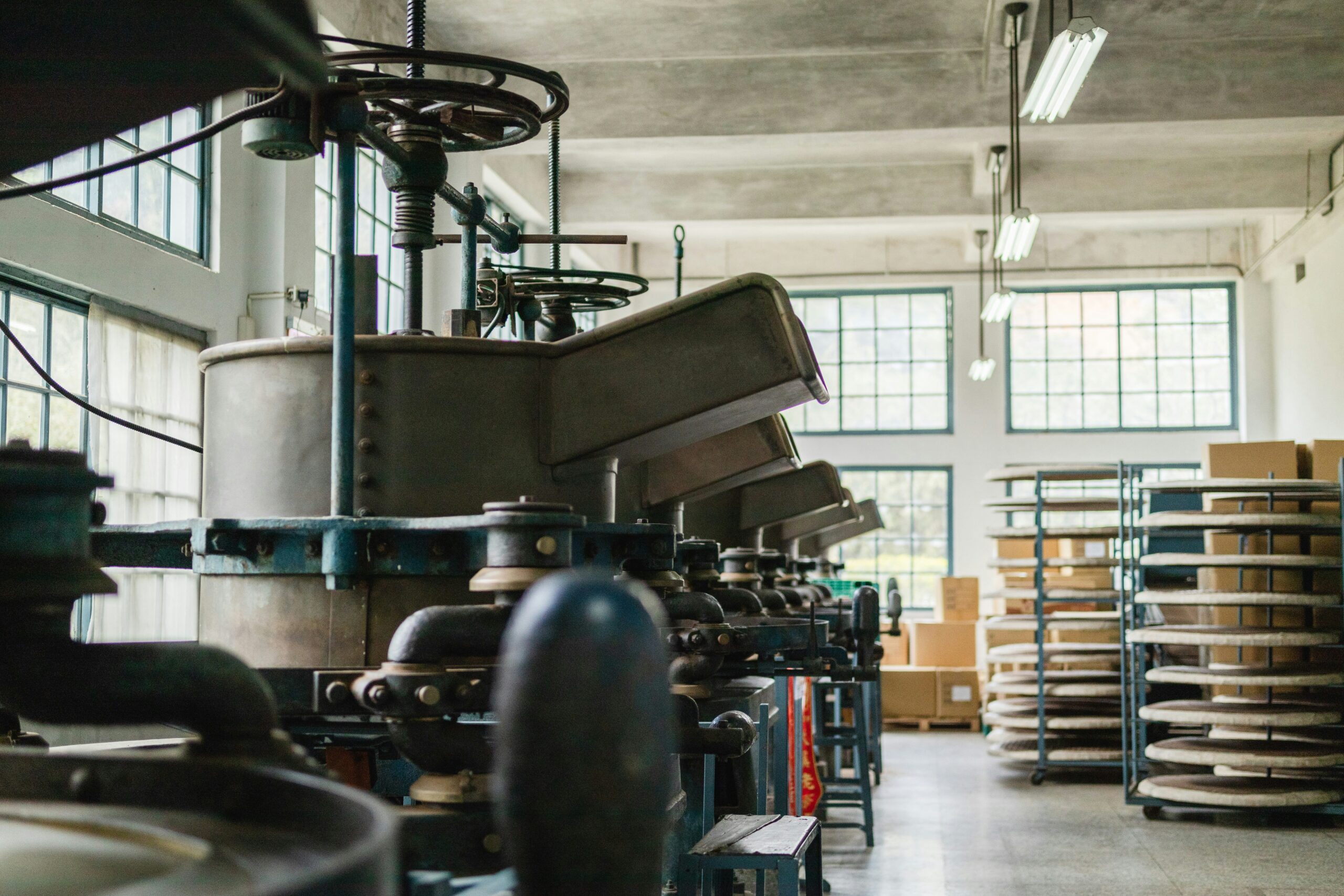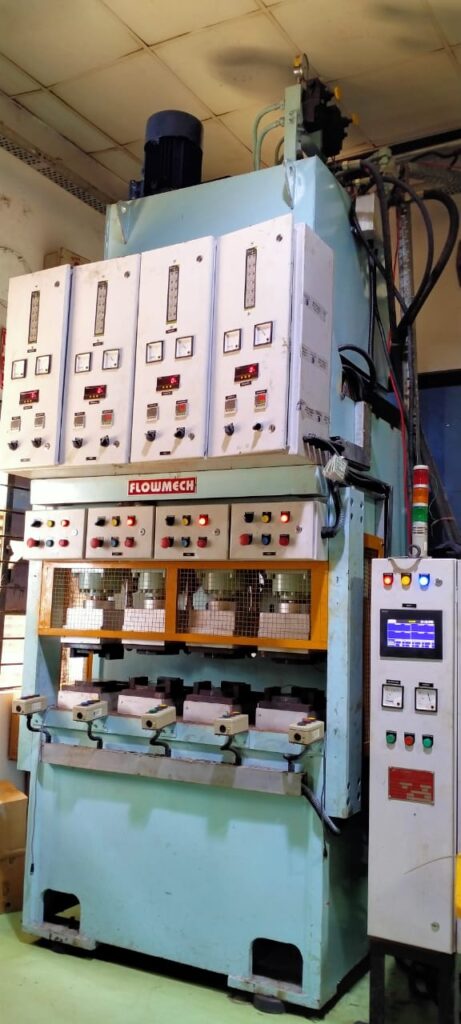A hydraulic press is a vital machine across industries such as automotive, aerospace, rubber, plastics, and metal forming. Choosing the right press directly impacts product quality, efficiency, and operational safety. A high-performance hydraulic press should not only deliver the required tonnage but also ensure precision, durability, and adaptability to different applications.
Here are the 5 key features to look for when selecting a high-performance hydraulic press:
1. High Tonnage Capacity & Versatility
- The press should offer sufficient tonnage to handle a wide range of materials — from rubber moulding to metal forming.
- Versatility allows it to perform compression moulding, deep drawing, forging, stamping, and forming operations.
- Adjustable pressure settings make it adaptable for both heavy-duty and delicate applications.
2. Precision & Control Systems
- Modern presses are equipped with PLC (Programmable Logic Controller) or CNC controls for accurate pressure, speed, and stroke regulation.
- Precision ensures consistent product quality and reduces material wastage.
- Features like variable pressure control, dwell time, and programmable cycles allow better process customization.
3. Durable Frame & Robust Design
- The frame should be built from high-strength steel for long life and to withstand heavy loads.
- A rigid and stable structure prevents deflection, ensuring accuracy during high-pressure operations.
- Compact yet strong designs maximize floor space utilization in factories.
4. Energy Efficiency & Automation
- Advanced hydraulic presses use servo-hydraulic systems or energy-efficient pumps to reduce power consumption.
- Automation features like auto-eject systems, safety sensors, and quick die/mould changing mechanisms increase productivity.
- Smart monitoring systems track performance and reduce downtime.
5. Safety & User-Friendly Operation
- Safety is crucial in high-pressure operations.
- Look for features like emergency stop buttons, light curtains, two-hand controls, and overload protection.
- A user-friendly interface makes it easier for operators to run complex operations with minimal errors.


